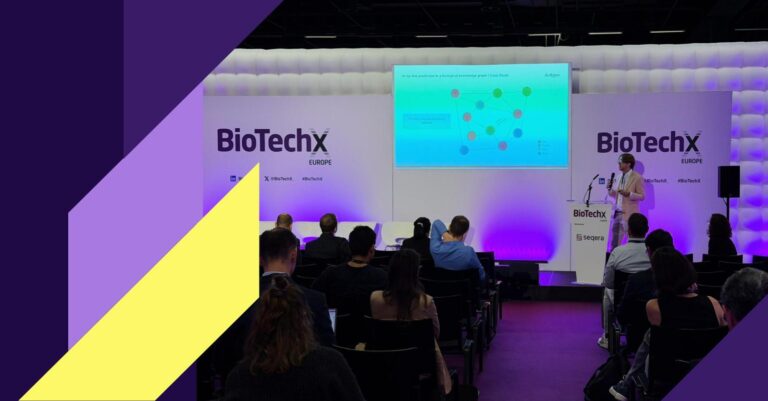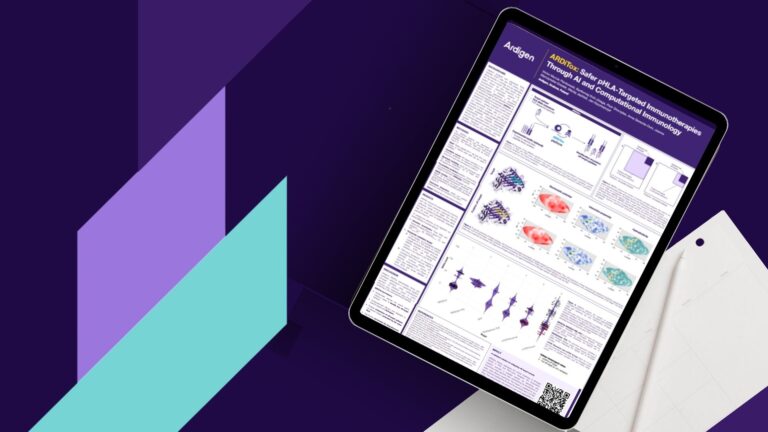A new peer-reviewed study by Ryvu Therapeutics, Ardigen, and academic partners describes a drug discovery pipeline that combines biologically relevant patient-derived models with AI to enable scalable colorectal cancer (CRC) compound screening.
Ryvu developed patient-derived primary CRC cultures with diverse genomic profiles, closely mirroring the molecular characteristics of primary and metastatic CRC. This system provides a robust and translational platform for therapeutic evaluation. Importantly, the model reflects the complexity and heterogeneity of actual tumors, not observed with standard immortalized cell lines, ensuring a more clinically relevant system for identifying novel therapeutic opportunities.
To further increase scalability, Ardigen developed a deep learning pipeline that predicts EdU-based proliferation readouts directly from DAPI-stained images. This approach significantly reduces experimental costs (to approximately 5% of the original) and increases throughput, while maintaining high predictive accuracy (Pearson R = 0.97–0.99).
This study demonstrates how combining patient-derived biology with AI-powered image analysis enables large-scale drug discovery without compromising biological relevance.
Read the full article: Deciphering the Molecular Complexity of Colorectal Cancer Progression through AI-Driven Characterization and High-Throughput Compound Screening for Precision Therapeutics
Congratulations to our co-authors from Ardigen: Konrad Wojtowicz, Maurycy Chronowski, Krzysztof Rataj, Magdalena Otrocka




